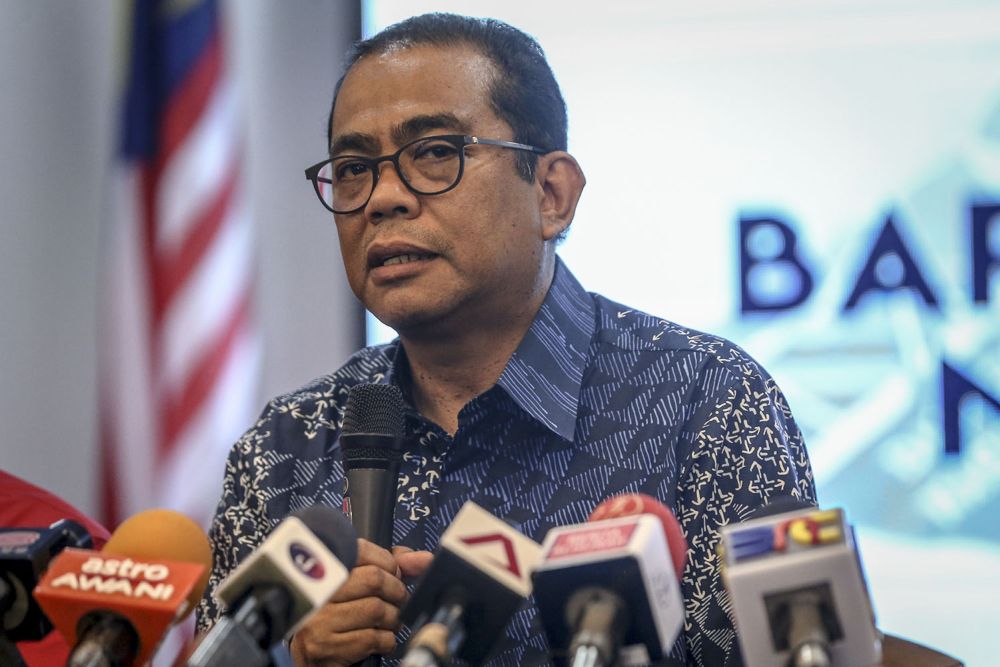KUALA LUMPUR, Jan 25 ― Putrajaya’s newly-launched health insurance scheme for the bottom 40 per cent of workers (B40) will encourage more patients, doctors and specialists to opt for the private sector instead of the public healthcare system, Umno vice-president Datuk Seri Mohamed Khaled Nordin claimed today.
He also said the mySalam scheme lacked substantial research and consultation with stakeholders and neglected another significant income group, the middle-class which forms another 40 per cent of workers in Malaysia (M40) and who are also financially struggling to afford quality healthcare.
“Indeed, this scheme will encourage more patients and specialists to go to the private sector, weakening our Malaysian public healthcare system,” he said in a statement.
Khaled said according to Bank Negara Malaysia’s Financial Stability and Payment Systems Report 2017, 3.9 million non-B40 working adults are uninsured.
“Certainly, Malaysians in the M40 group will be very vulnerable if they lose their jobs and accompanying health coverage. In addition, those who are self-employed are not protected against financial risk for high medical cost, magnifying their vulnerability especially during financial downturns,” he added.
Khaled, who is the former Johor mentri besar, claimed the insurance scheme does not comply with World Health Organisation's principles and said the federal government should concentrate on providing quality of health services for all.
“Everyone who needs the services should get them, not only those who can pay. People should be protected, ensuring that the cost of using the services does not put them at financial risk,” he said.
The health safety net scheme was officially launched yesterday with a RM2 billion contribution from international insurance firm Great Eastern Life.
In his speech, Finance Minister Lim Guan Eng said mySalam will cover 3.69 million people from the B40 group for at least the next five years.
Eligible workers get a one-off payment of RM8,000 if they suffer certain critical illnesses.
Besides the one-off RM8,000 payment, recipients will also get RM50 income replacements daily if they seek treatment at any government hospital for a maximum of 14 days a year, or equivalent to RM700 annually.
The scheme came into effect on January 1. Eligible B40 recipients can start making claims from March 1 onwards.



















